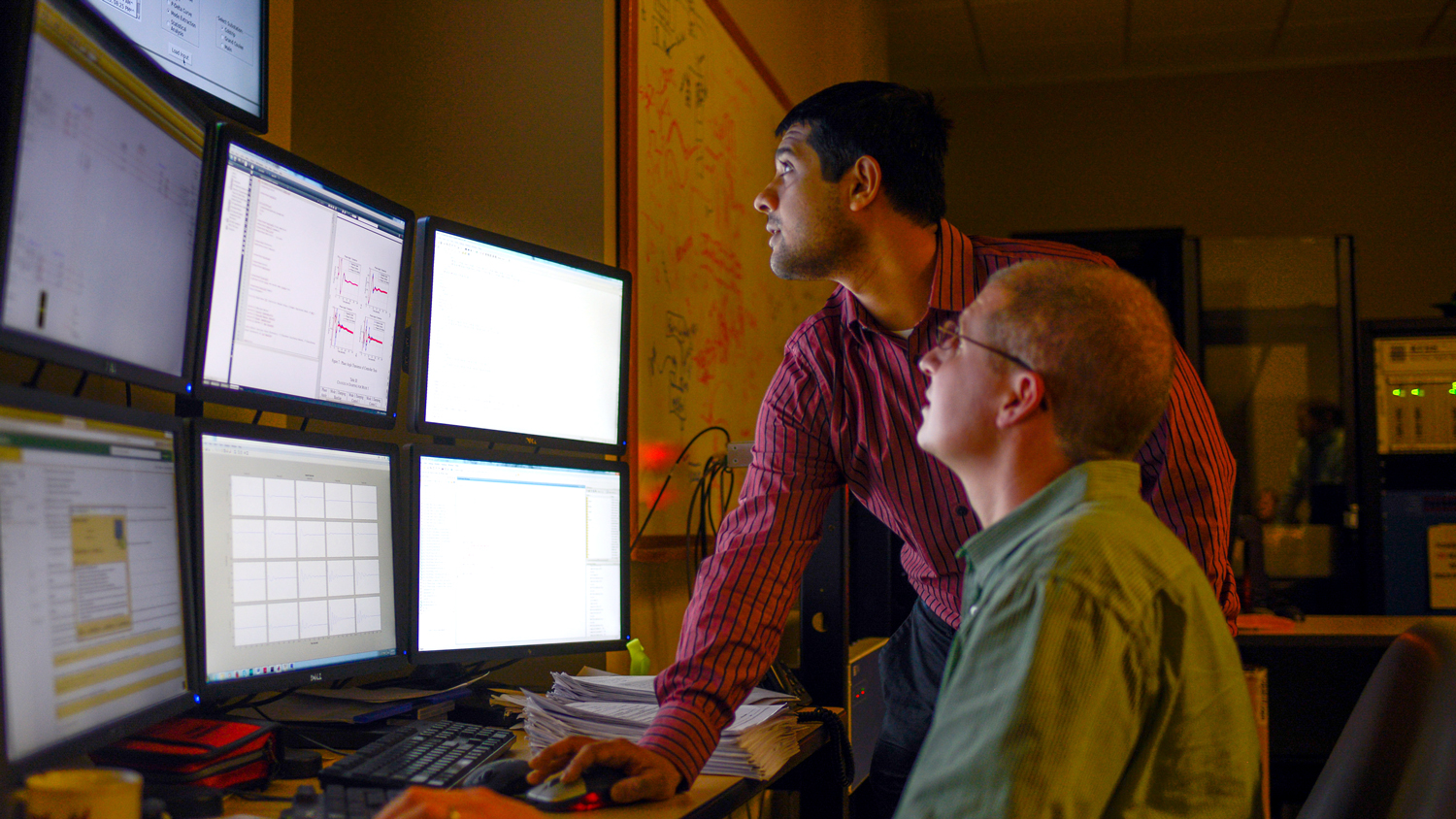
Aranya Chakrabortty, Ph.D., a FREEDM researcher and NC State faculty in Electrical and Computer Engineering, has won two grants from the National Science Foundation – one from the Cyber-Physical System (CPS) program, and another from the EArly-concept Grant for Exploratory Research (EAGER) program to address ways to handle the massive volumes of data generated by electric utilities from thousands of sensors in an effort to improve control of an increasingly complex grid system. The CPS program of NSF aims to develop core research needed to engineer complex cyber-physical systems that need seamless integration of computation, communication, and control. EAGER grants, on the other hand, support potentially transformative research in its early stages. Both of Chakrabortty’s projects are considered as high risk, high payoff because they employ radically different approaches than what exists today, and also involve interdisciplinary perspectives.
“My goal is to develop machine learning algorithms that translate large volumes of power system data to real-time control actions by reducing the dimensionality of the problem,” says Chakrabortty. “For example, are all spectral components of Phasor Measurement Unit (PMU) data essential for a wide-area control action? Probably not. These projects will cash on this concept, and develop data compression techniques that can make control actions fast. The CPS project will address broader classes of network control systems, while the EAGER grant will focus specifically on power grids.”
Another aspect of these projects will be to develop data analytics that can identify which sensors and actuators in a power grid lead to the best control action without over-killing the control effort. “I truly think this will be a transformative approach. We will integrate concepts from compressive sensing, model reduction theory, and adaptive dynamic programming, all of which are new ideas for power system research” says Chakrabortty.
The total grant funding is $573,000 over three years. The project plan includes workshops and conference tutorials to train power system professionals with machine learning techniques. Chakrabortty also plans to enhance the power system curriculum at NC State by adding machine learning to its syllabus.
